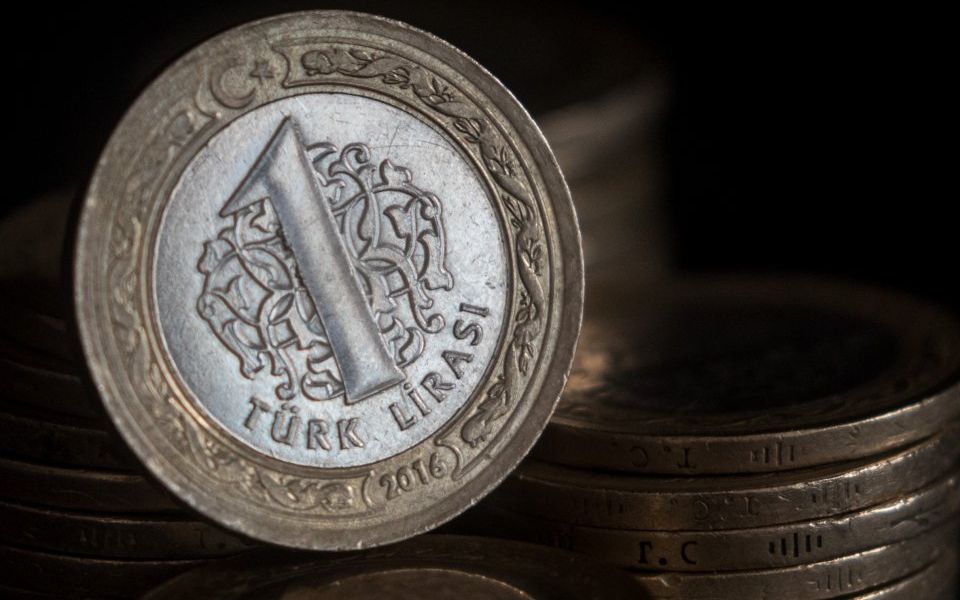Foreign exchange trading volumes rise as global currencies remain volatile

Foreign exchange trading volumes have risen more than 7 per cent, NEX Group said, as global currencies remain volatile.
NEX, which runs one of the largest FX trading platforms, said average daily trading volumes rose to $84.7bn in August from $83bn in the same month last year.
For the year ending 31 August average daily trading volumes have risen by 7 per cent – from $84.3bn in 2017 to $89.9bn.
Read more: Argentina announces austerity measures to deal with currency crisis
Trading volumes had reached a three-year high in February as volatility returned to the markets before dropping in July.
NEX said that in August the euro fell against the dollar after the European Central Bank raised concerns over European banks' exposure to Turkey as the lira tumbled – but then found support on reaching a new low.
President Trump's attack on Federal Reserve Chairman Jerome Powell over interest rate hikes weakened the dollar adding to the support for the euro.
The Russian ruble's worst month since April and the Chinese renminbi's first positive month against the dollar since March capped off the month's trading.
Emerging markets continued to fall today with South Africa's rand, joining the Turkish lira and Argentine peso in a sell-off.
The peso has lost more than half of its value to the dollar this year, and the Turkish lira has lost more than 40 per cent.
Read more: Lira continues decline, dragging down other emerging currencies
Mihir Kapadia, chief executive of Sun Global Investments, said: “Emerging markets are continuing to suffer as the likes of Turkish inflation are causing concern among investors.
“Most EM currencies are under pressure with the latest concerns being focused on Indonesia, Argentina and South Africa.”
He added: “As a result of these risky economies and markets, the dollar has become a safe haven for many, allowing it to surge to its latest high.”